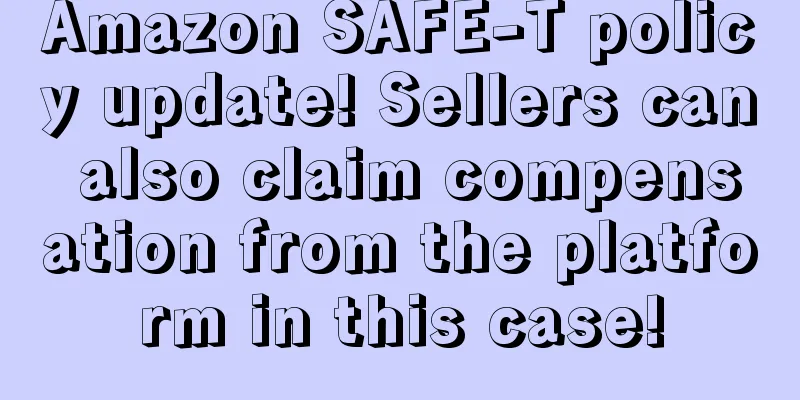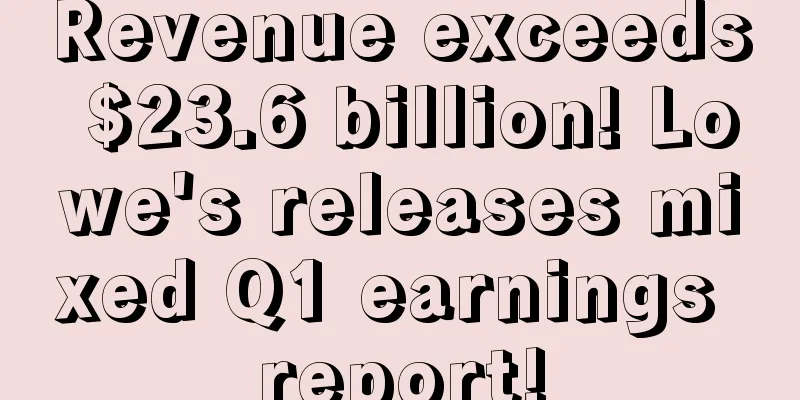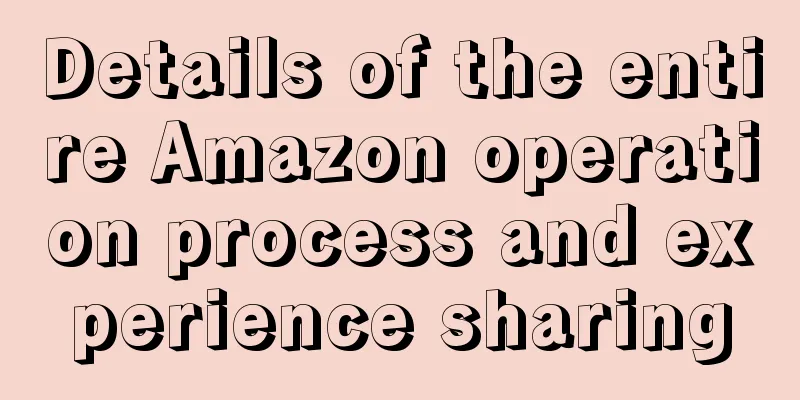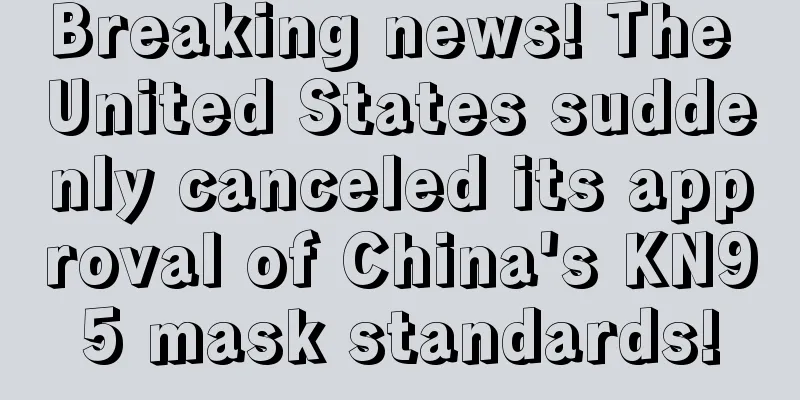Japan is strictly cracking down on under-declaration! The taxable price of Amazon FBA goods must not be lower than 50%~60% of the selling price!
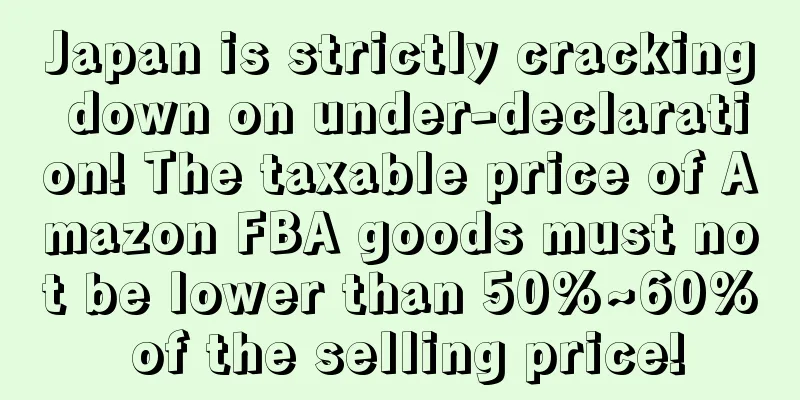
Japanese customs will impose tariffs on FBA goods
Japanese customs declaration requirements and customs clearance document requirements
Reminder to Japanese sellers |
<<: A guide to selling on the six major social platforms
>>: How to write an Amazon review email and you won’t have to worry about reviews
Recommend
Oops! Something happened at the Amazon warehouse!
Amazon sellers have been suffering a lot recently....
Teach you step by step how to make a set of Amazon pictures (dry stuff!!!)
As an Amazon boutique company, how can we make go...
What is Youjia Express? Youjia Express Review
Youjia Express is a high-tech logistics company he...
What is Matrix International? Matrix International Review
Matrix International is a global Internet integrat...
Amazon's front-end is updated again? AI reviews emphasize negative keywords?
Recently, sellers in many categories have discove...
US Customs strictly checks FBA labels? Non-compliant products will be rejected and returned!
Normal, once there is data abnormality, such as s...
"Topped the list" of Amazon Best Seller, this brand is popular in Shenzhen
Author | Mai Lin@ Disclaimer | This article is cop...
What is DaGe Cross-border? DaGe Cross-border Review
DaGe Cross-border is a cross-border e-commerce int...
A wave of store closures occurred after the first day of the Internet!
Just when sellers were still enjoying the huge sa...
Beware! These products are being boycotted, and Target has removed them from shelves!
It is learned that according to foreign media repo...
Shenzhen Daimai is on the verge of bankruptcy, with a net loss of 30 million in the first three quarters!
If we talk about the legends of wealth creation in...
What is ESTONE? ESTONE Review
Shenzhen Yishitongda Technology Co., Ltd. (formerl...
4 million orders, a huge profit! Trump attack peripherals become Amazon BS hits!
Normal, once there is data abnormality, such as s...
Orders were cut in half, tens of thousands of stocks were unsold, and some big sellers sold their stocks at a loss.
According to the latest data released by the Gener...
FBA fees have increased again! How can I get the profits I deserve from my brother-in-law?
Today, Amazon stated in its latest announcement t...

